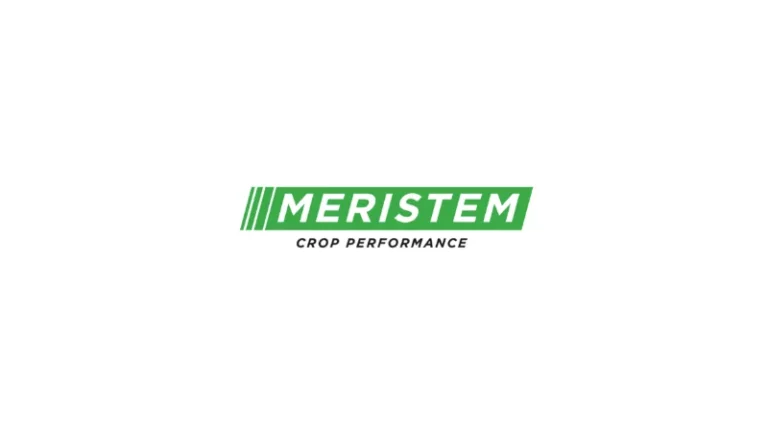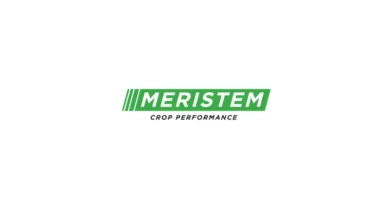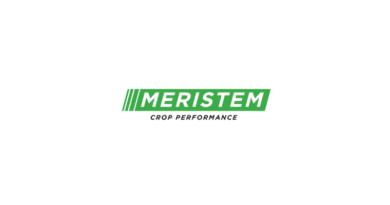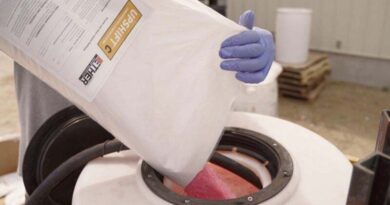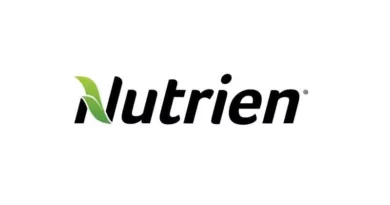New Research Shows Timely NPK Increase From Spring-Applied EXCAVATOR™
“…very good news for farmers seeking to make the most of every dollarthey spend…in the face of lower commodity prices.”

10 April 2024, Columbus: Independent research results released today by Meristem Crop Performance show spring-applied EXCAVATOR releasing 40 to 60 pounds of NPK from residue and doing it around 45 to 60 days after application.
“This is very good news for farmers seeking to make the most of every dollar they spend on fertilizer and raise more bushels for less in the face of lower commodity prices,” said Mitch Eviston, Meristem Founder and CEO in sharing the results. “This clearly shows how you can unlock nutrients you already own in time to feed your 2024 crop.” “Spring-applied EXCAVATOR will release 40 to 60 pounds of NPK and do it in about 45 to 60 days,” says Peter Rousonelos, Meristems’ Senior VP for Sales and Business Development. “If you want to get your next crop off to a great start, EXCAVATOR should be in the tank for your spring application, whether it’s burndown, terminating a cover crop or just by itself. It’s better plant nutrition than synthetic fertilizer.”
Conducted in Wisconsin, the research involved side-by-side treated and untreated swaths, the full length of a 160-acre field. The objective, explains Rousonelos, was to “better understand the timing and value of the primary nutrients EXCAVATOR releases” compared with untreated portions of the same field. EXCAVATOR, powered by MICROBILIZE™, is a consortium of microbes designed to break down crop residue. “Microbilize” refers to a unique surfactant in the formulation that speeds reproduction of the microbes once they are applied to the residue target, ensuring uniform application and timely breakdown.
Kelly Garrett, who operates Garrett Land and Cattle near Arion, Iowa, compared several different “residue reducers” before going all-in on EXCAVATOR. “It’s different,” says the XtremeAg farmer. “It’s the same microbe, but the surfactant technology they put with it is what makes the difference. It really works well.”
Rousonelos says the research documents how the timeliness of nutrient release coincides with the nutrient demands of the following crop. “About 45 days after a spring application of EXCAVATOR you see a spike in nutrient availability (note chart nearby) – and that’s a critical time for the crop, especially for corn and soybeans,” he explains. “That’s when nutrient demand greatly increases prior to entering reproductive stage. When we increase nutrient availability at that time, it’s likely we will also see an increase in yield.”
“We see improved nutrient levels in the soil and a yield benefit,” agrees David Hula of Renwood Farms near Charles City, Virginia. In 2023, Hula set a new world yield record for corn of 623.84 bushel per acre. He farms mostly no-till and strip-till and appreciates EXCAVATOR’s fast breakdown of residue. “But it’s not just residue breakdown, it’s releasing those nutrients in the soil for that next corn crop,” he adds. Click here to watch.
Studies of EXCAVATOR conducted by Eric Winans, PhD, at Brandt Research Farms in Illinois also document nutrient release critical to farmers raising corn on corn. “In our continuous corn-on-corn study, our preliminary findings show 242.2 bu./A. with the EXCAVATOR, compared with 231.5 on the untreated ground,” Winans says. “When we compared soil tests pulled in untreated ground versus EXCAVATOR, we saw an average of 20 more pounds of P and 65 more pounds of K with EXCAVATOR.”

“A result that really excites me is the availability of K (potassium),” says Rousonelos. “Every grower out there struggles with in-season availability of potassium. And here we are getting more pounds of K with EXCAVATOR and it’s in a form the plant truly wants.” Rousonelos says the nutrient boost comes when the plant needs it most in the later V-stages and early R-stages in soybeans, right before and during reproductive timing. “This is similar to a sidedress application of P and K at a time the plant really wants these nutrients.” And that means a healthier crop, more yield, and a good return on investment (ROI).
“Guys will say to me, ‘why do I need EXCAVATOR, I’m going to get those nutrients from my crop residue sooner or later,’” Peter smiles. “But it’s the WHEN that determines if those nutrients get used by the plant or simply tied up or lost. We know the crop needs those nutrients. Now we know EXCAVATOR can release them in the right form at the right time for your next crop, and that can result in a solid yield bump and better ROI.”
Also Read: ADAMA Launches New Multi-Crop, Broad Spectrum Fungicide Maxentis®
(For Latest Agriculture News & Updates, follow Krishak Jagat on Google News)

